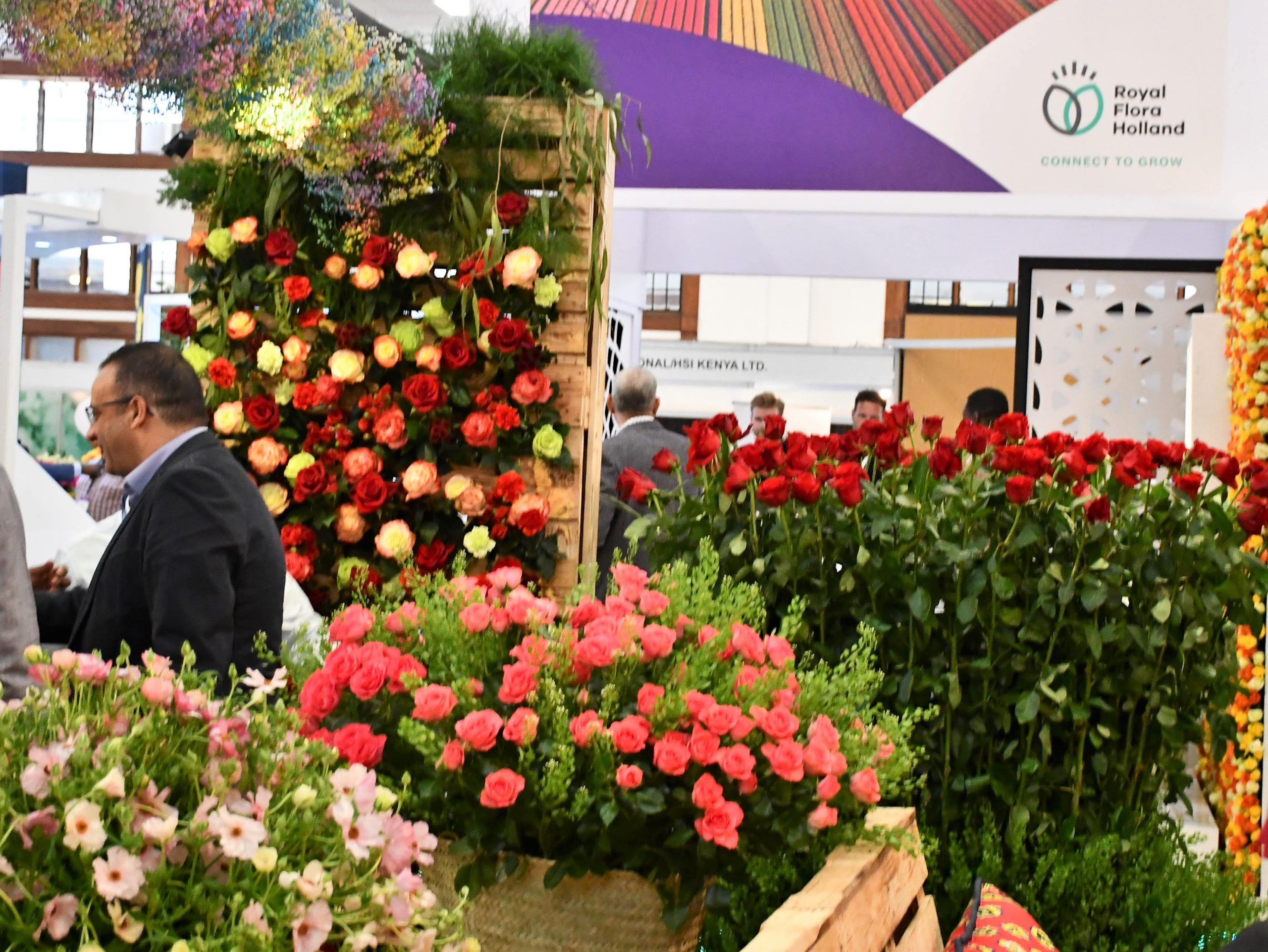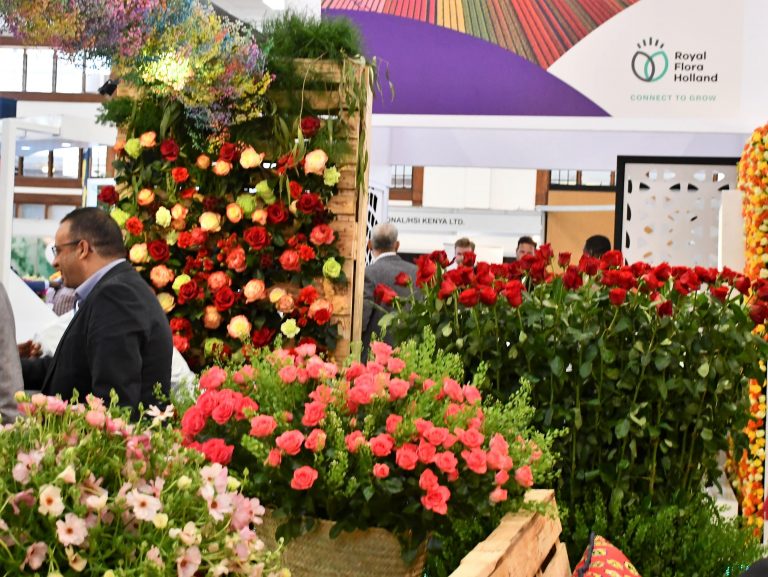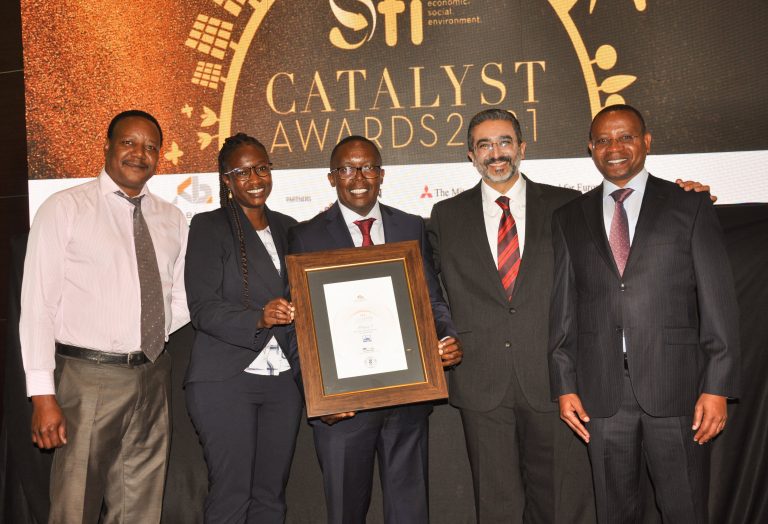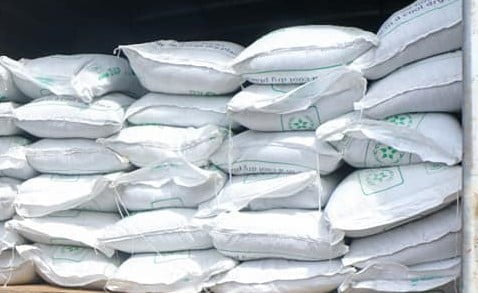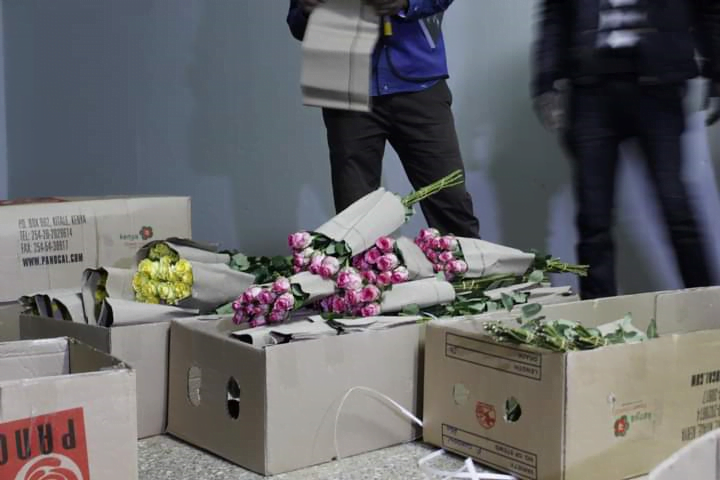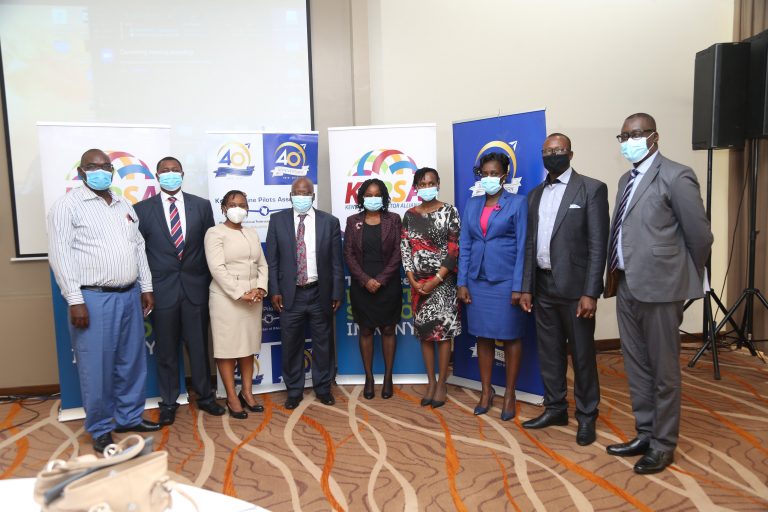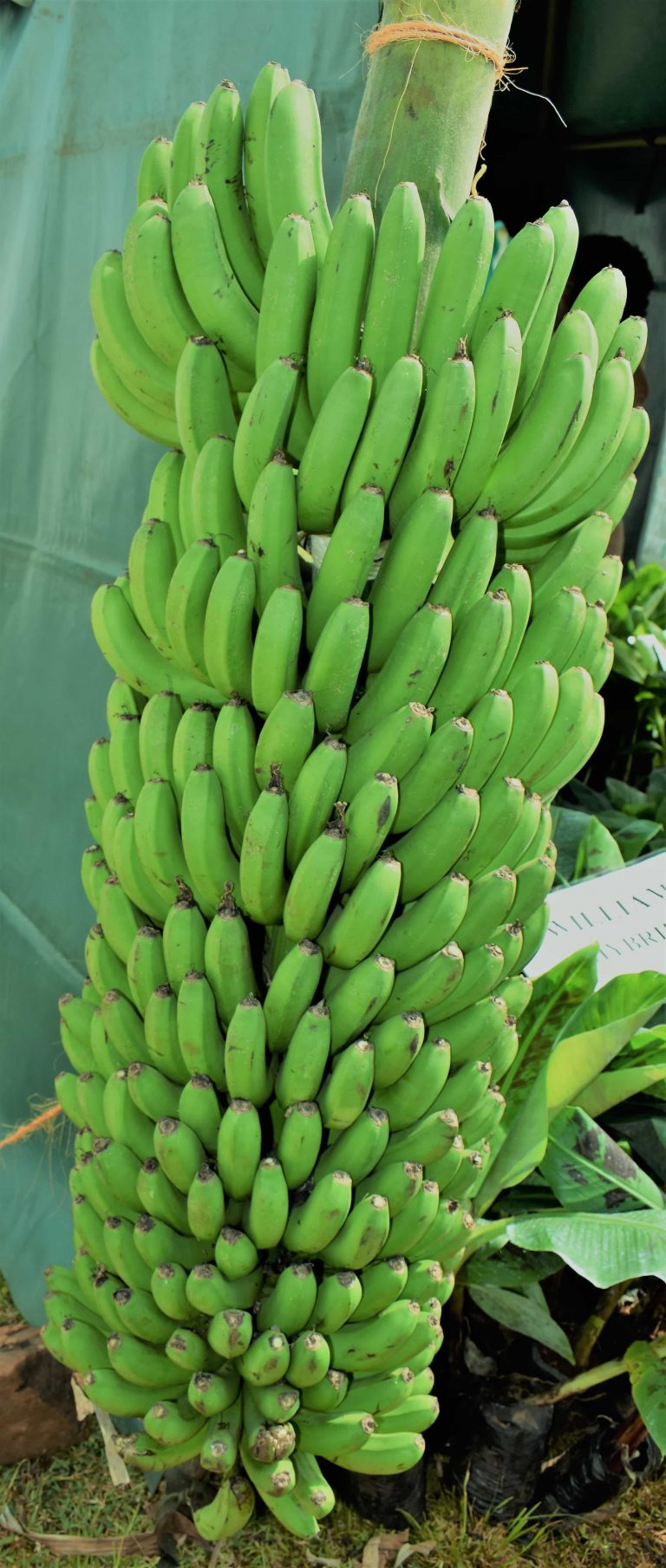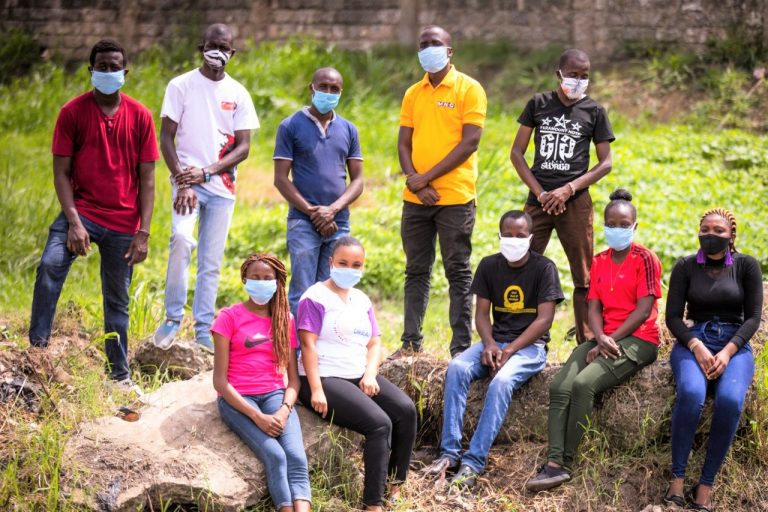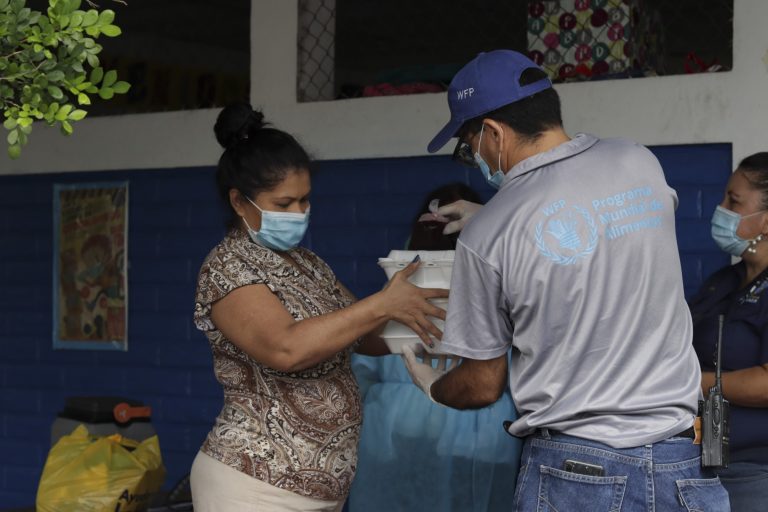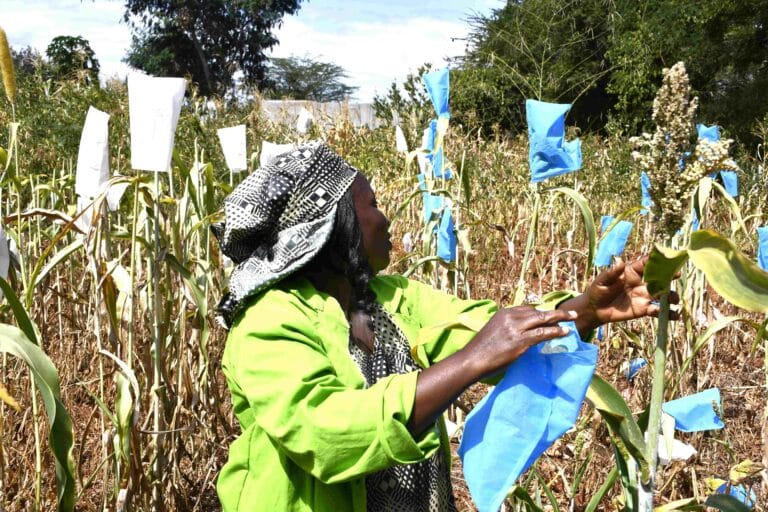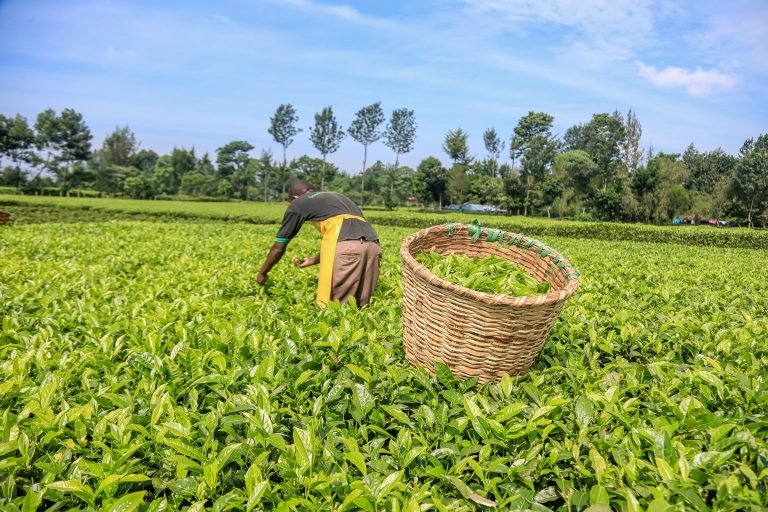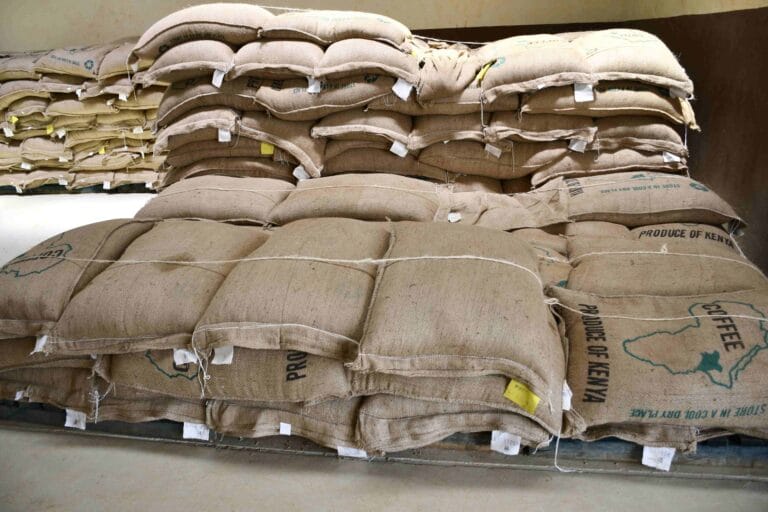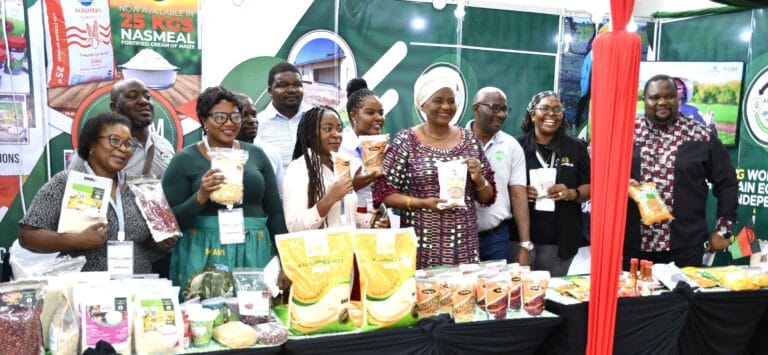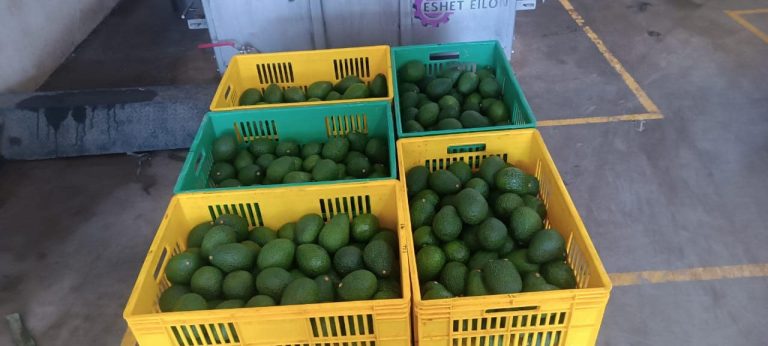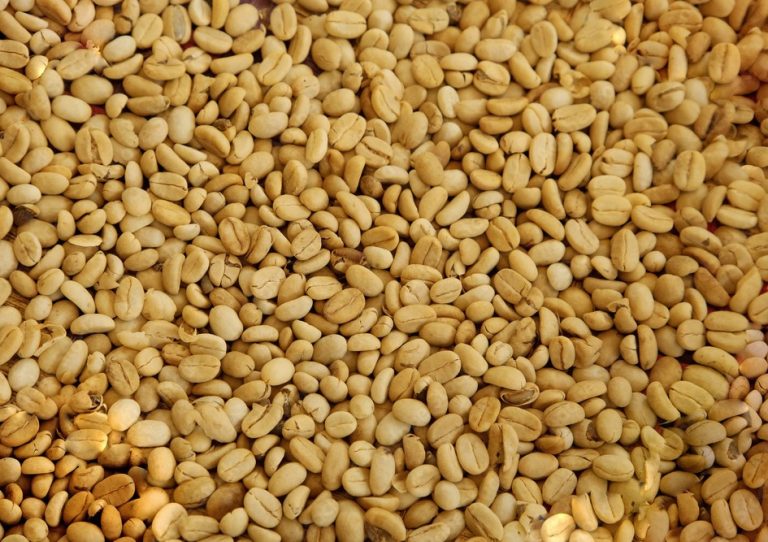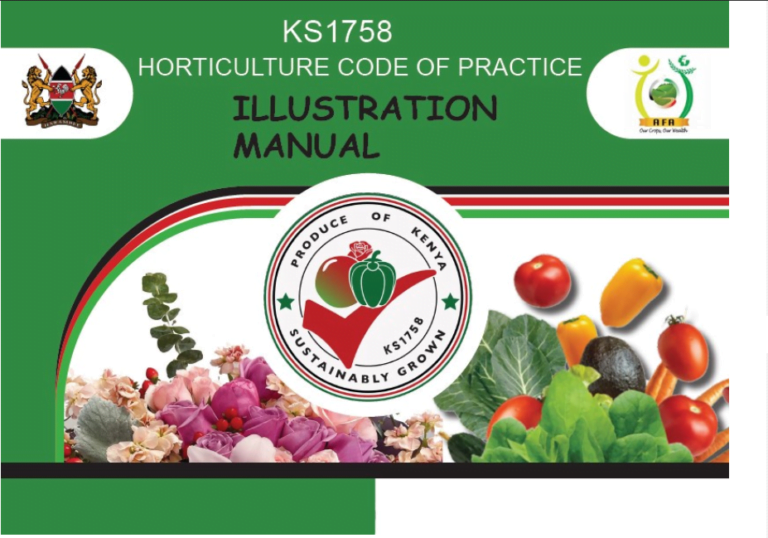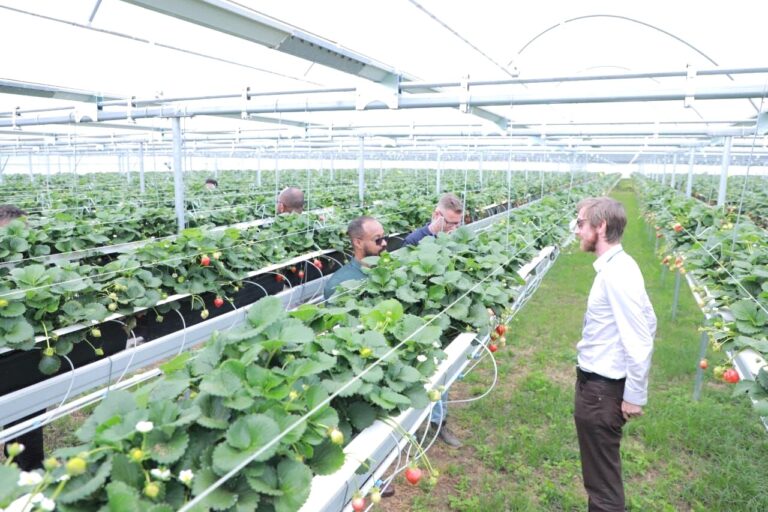Kenya’s floriculture industry was one of the sectors worst affected by the Covid-19 pandemic but is now looking bright.
“Whilst demand for our products remained strong, after getting over the initial shock of Covid, freight or should I say lack of freight capacity coupled with massive hikes in freight rates, the introduction of more stringent taxation, the industry grappling with control of the False Codling Moth (FCM) has made the last period challenging. Despite these challenges, the industry adapted, as it does and performed remarkably well over the last 2 ½ years,” says Richard Fernandes, the Chairman of Kenya Flower Council (KFC).
Fernandes adds that looking to the future they are faced with uncertainty on demand for their products coupled with a massive increase in inputs, and continued weakening of the Euro against the US dollar, an indicator that they are entering a period where the margins of the sector will be squeezed.
Floriculture remains crucial to Kenya’s economy, accounting for more than 70 per cent of the country’s foreign exchange earnings from horticulture.
The volume of flower exports increased from 173 tons in 2021 to 210 tons in 2020, while the value increased from Kshs. 107 billion to Kshs. 110 billion during the same period.
The industry remains one of the largest employers in the country, providing employment primarily in the rural area to approximately 200,000 people directly and many more people indirectly, the majority being women.
Fernandes says the Kenya Flower Council has increased its efforts on sustainability by supporting Kenyan growers and exporters through its Flowers and Ornamentals Sustainability Standards (FOSS), a globally trusted standard that sits “very firmly and for Kenya proudly, central to the FSI basket of standards”.
“FOSS or KFC Silver as it is more commonly known is recognized as one of only three internationally benchmarked standards set by the EU-based Floriculture Sustainability Initiative (FSI). FOSS demonstrates sustainable, social, environmental, and good agricultural practice benchmarks. The standard fosters sustainability by encouraging commitment to ethical practices, innovation, and promoting equitable trading practices,” he says.
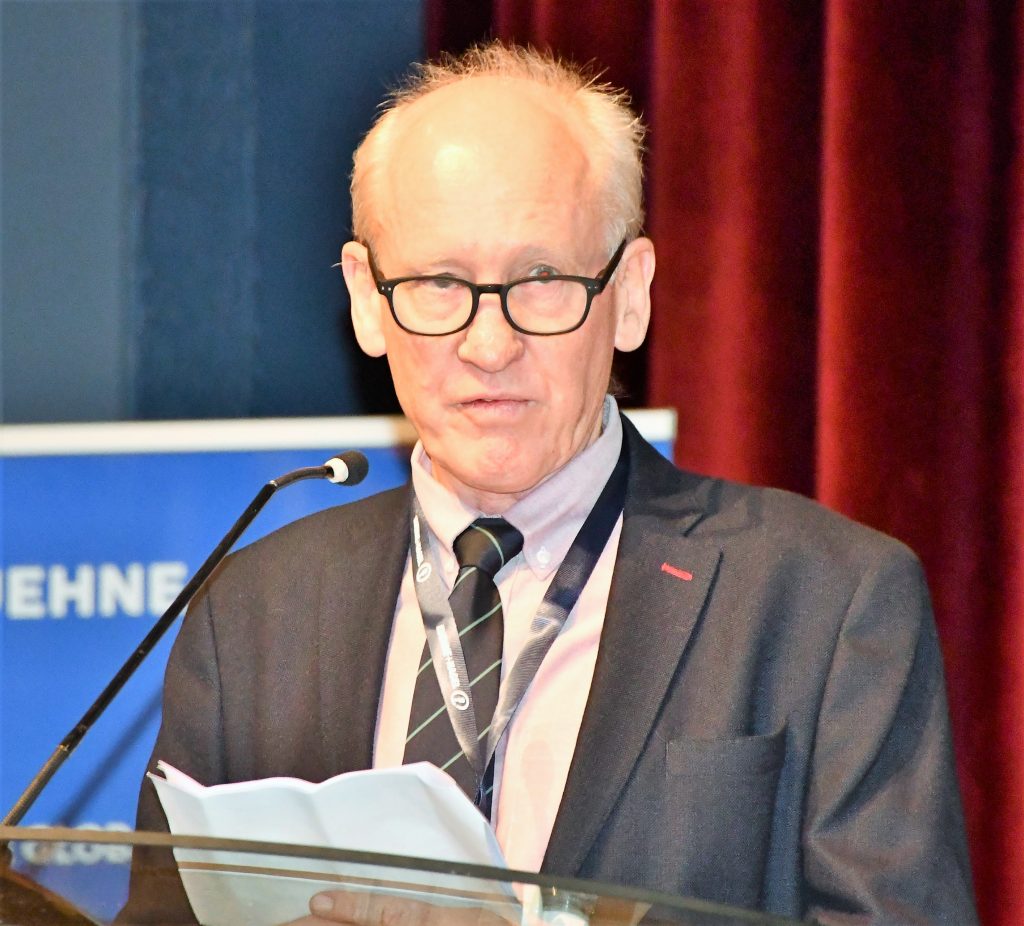
FOSS certification he adds entails a robust auditing process which includes making sure that they have minimal or no adverse social and environmental impact or risk along with the farmers’ production processes. Some of these best practices include water conservation and recycling, efficient use and movement towards green energy, reduction in carbon emissions, reduced use of pesticides and inorganic fertilisers and implementation of projects geared towards the protection of flora and fauna.
“It also ensures that flower producers are socially responsible by providing terms and conditions of employment, compliant with ILO Conventions. It also guarantees that wages and other remuneration are negotiated every two years between the flower growers and the Union, and availing employees of important social and health, and safety needs such as medical services within the workplace, transport to and from the workplace, training, personal protective equipment among others. Please note that many KFC members have gone beyond these requirements and are contributing through corporate social responsibility activities to their employees and the community with school fees; crèches for kids, tree planting, and drinking water among many others. And on governance, FOSS prohibits unethical practice and supports good governance through ethical and anti-corruption requirements that require the producers to monitor their management systems on these vices.)
The Chairman however says with an envious position of having altitude on the equator Kenya is in a perfect position to be home for the World’s Best Flower Growers. He opines that there is potential for immense growth in this sector here in Kenya where the country has the ideal location, smart innovative people, and a government that is supportive of creating the right framework for the sector.


